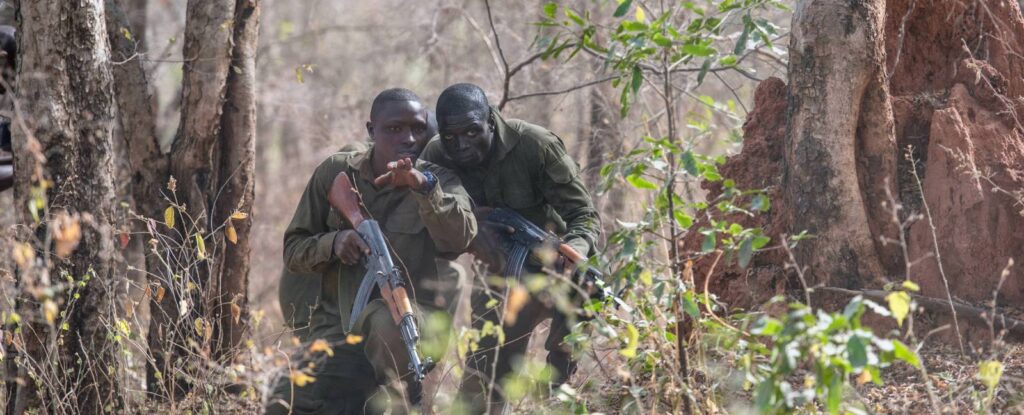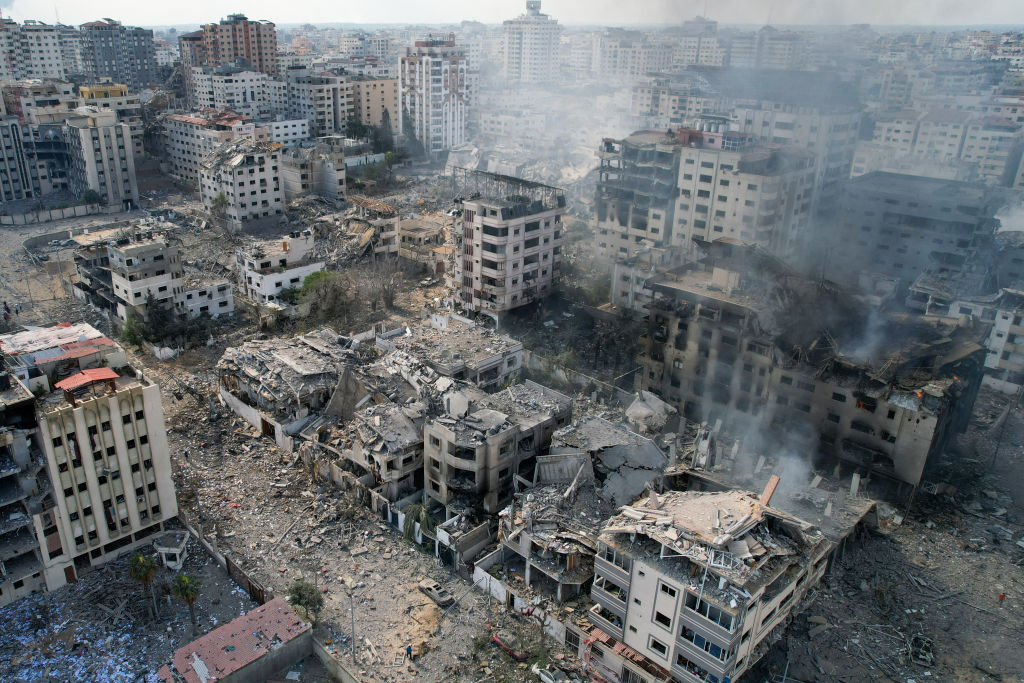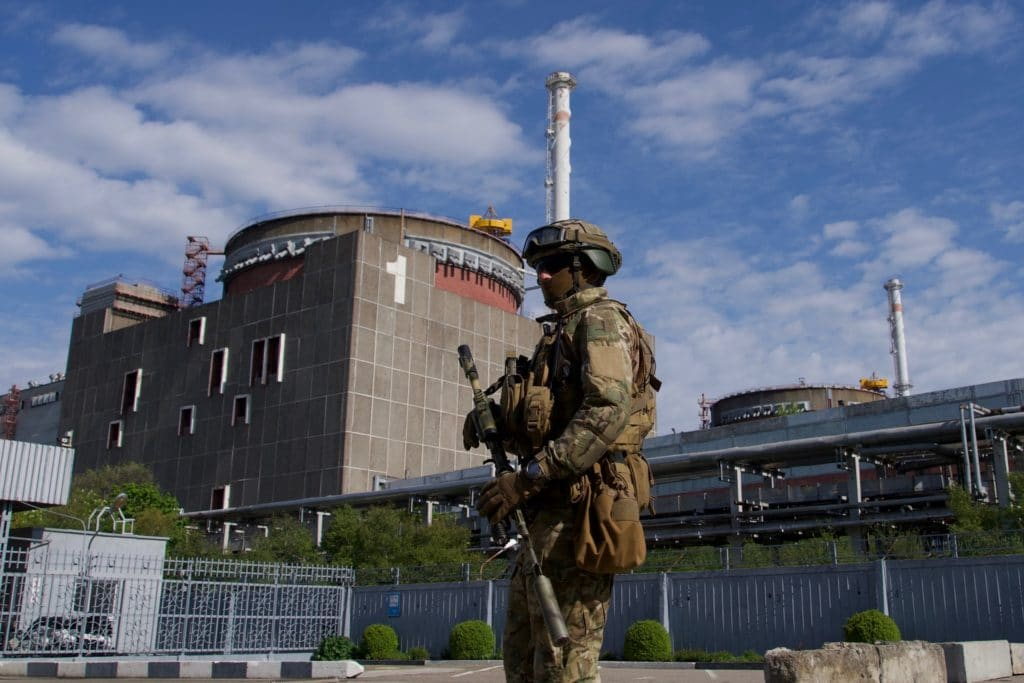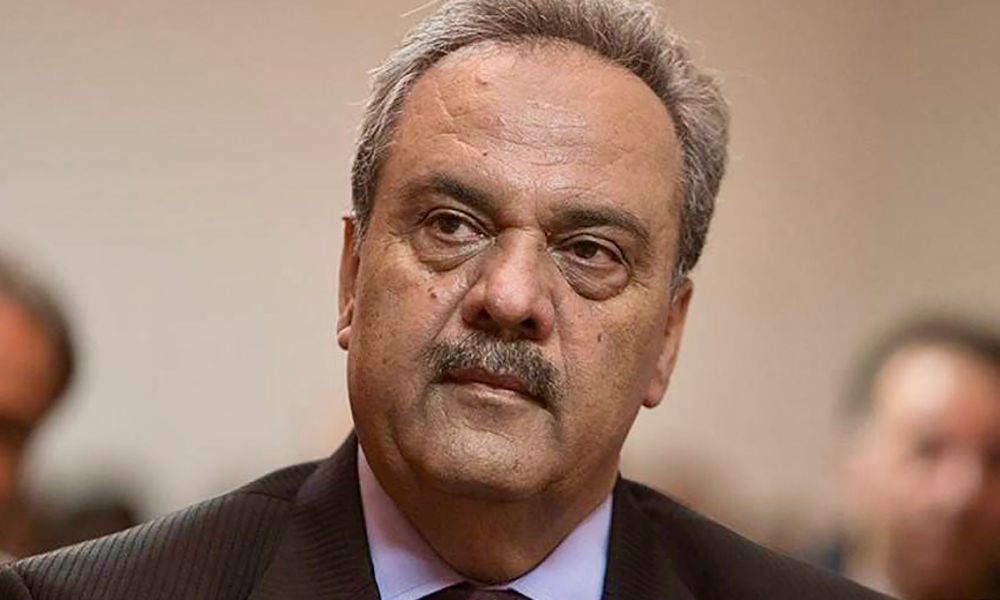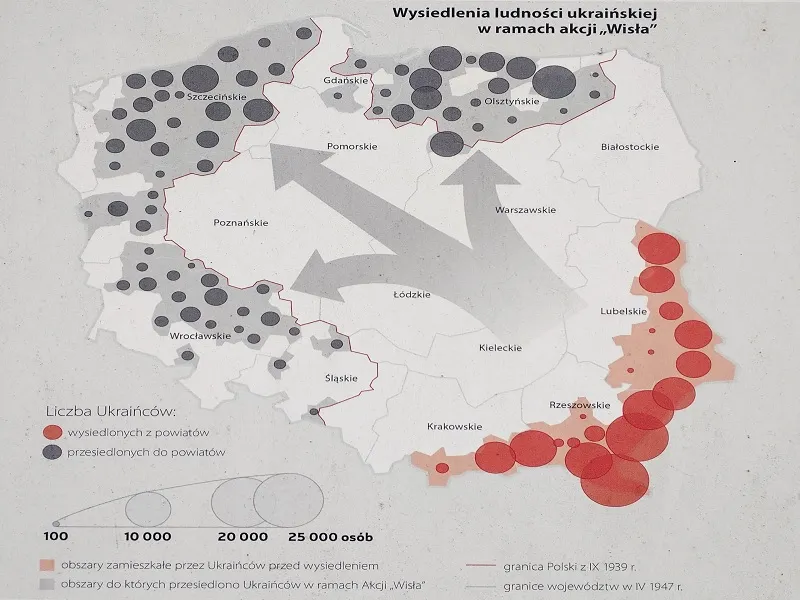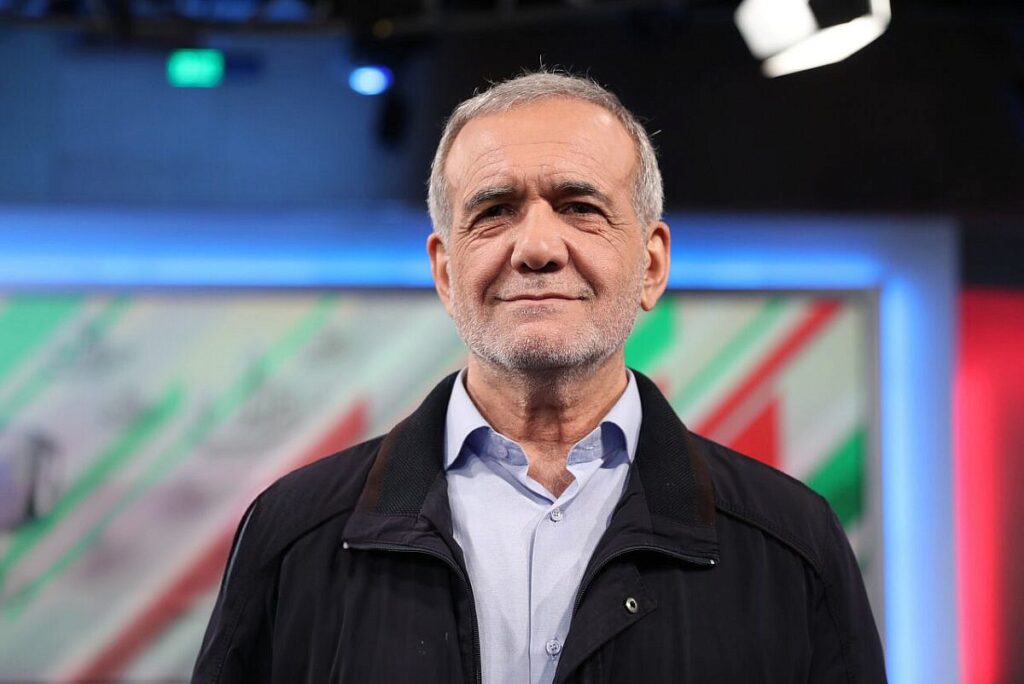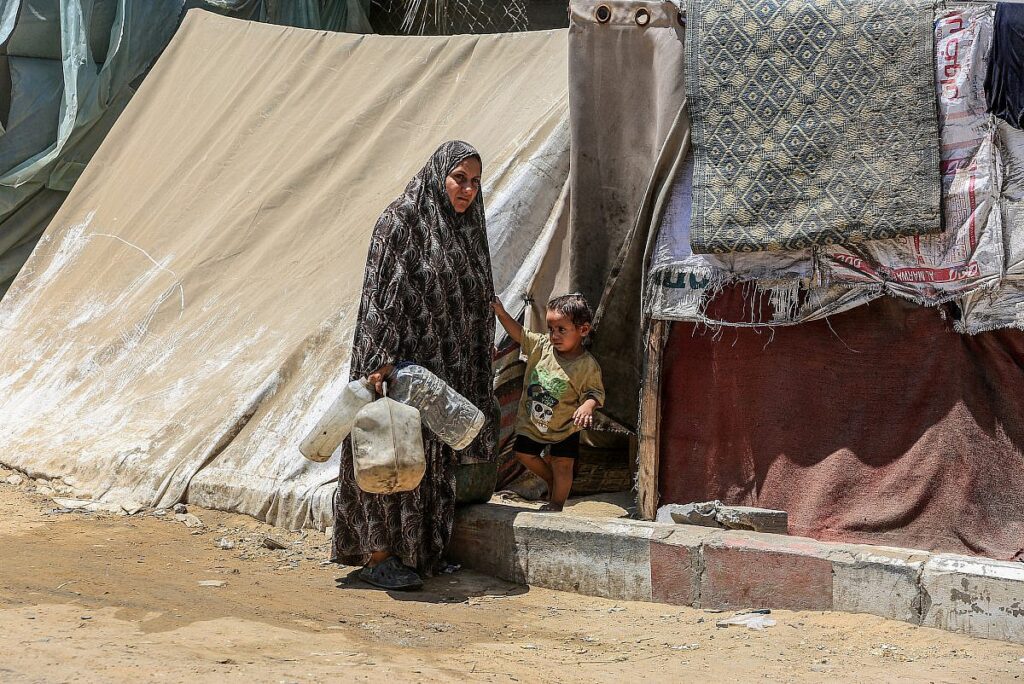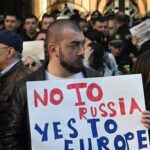
Amid deteriorating relations with the West, Georgia has embarked on a long-term pivot toward Eurasia, with the potential for the further stabilization of relations with Russia.
A series of developments in the past couple of months indicates there is a long-term breach emerging between Georgia and its Western partners. What began with criticism of the Georgian government over its decision to adopt a controversial law that imposes a greater level of control over foreign-funded NGOs in the country has evolved into a major review of relations between Tbilisi and its partners in Brussels and Washington.
U.S. Secretary of State Antony Blinken has ordered a complete reevaluation of bilateral ties with Georgia, and has frozen financial aid and stopped close military cooperation. The EU followed suit, with its officials announcing that should Georgia continue to pursue the same policies, Brussels could introduce personal sanctions, impose significant limitations on economic aid, and potentially even reintroduce visa requirements for Georgian nationals. NATO, for its part, has issued a declaration in which for the first time since 2008, Georgia was not mentioned as a prospective member state.
The geopolitical aspiration to join the EU is one of very few things on which most Georgians agree, irrespective of their political leanings. The ruling party, Georgian Dream, has clearly stated that it wants to advance along the path of EU membership, but it will be increasingly difficult to support this line amid the tensions with the EU and Washington.
For Georgia’s opposition parties, on the other hand, tensions with the West offer an opportunity to use pro-EU and pro-NATO messaging to try to regroup ahead of October’s parliamentary elections. A major realignment among smaller and newly created parties has been taking place recently in an effort to form a united front.
Those parties have traditionally not enjoyed much public support. Their only hope is the young people who have been the driving force behind protests in April and May against the contentious law on NGOs. So far, however, efforts to unite the opposition forces have failed, and given the lack of finances and strong leadership, that does not look set to change anytime soon. Deeply engrained distrust and the diversity of the political landscape make it very difficult to create a unified opposition.
Even the major opposition force, United National Movement (UNM), cannot present itself as a viable alternative due to internal divisions. Still strongly associated with the rule of 2004–2012, UNM’s chances are much lower than the ruling party’s.
One major emerging opponent could be the country’s current president Salome Zourabichvili, who recently unveiled a new political movement with the potential to evolve into a full-blown political party. Zourabichvili is widely accepted among Georgia’s now less politically apathetic youth, though it remains unclear just how popular she is. Her emergence as a potential opposition leader could revitalize the opposition. But without any unity across the opposition spectrum, it would be unrealistic to count on her victory. So far, the president’s own efforts to unify the front have yielded mixed results. A declaration of unity signed by more than a dozen opposition parties in the presidential palace, for example, has not led to anything meaningful.
Georgian Dream is carefully navigating these divisions, and according to recent polls is likely to garner more votes in the October election than any other single political party. The real test will be whether it manages to win enough seats for a majority in the parliament, which would enable the party to override presidential vetoes and change the constitution. So far, an outright majority does not appear to be within the ruling party’s reach.
Still, Georgian Dream looks set to retain power, and its relations with the West are unlikely to improve fundamentally after the October election. Against this backdrop we are seeing a long-term pivot toward Asia, with ties between Georgia and China prospering following the signing of a strategic partnership agreement in 2023 and Tbilisi recently awarding a Chinese-led consortium the right to build the long-stalled Anaklia deep-sea port on Georgia’s Black Sea coast.
Georgia also recently signed a raft of agreements on energy cooperation with Türkiye and increased cooperation in trade and regional connectivity. Moreover, Georgia’s prime minister has made two surprise visits to Tehran since the death of Iranian President Ebrahim Raisi in a helicopter crash in May, potentially paving the way for warmer ties between the two countries than have traditionally been seen.
More significantly, Georgia’s behavior opens up the prospect of the further stabilization of relations with Russia. It is highly unlikely that the two will reestablish diplomatic ties, severed following the two countries’ five-day war in 2008. Moscow already operates two embassies on Georgia’s sovereign land in the breakaway territories of South Ossetia and Abkhazia, whose unrecognized regimes are largely financed by Moscow. Opening a third separate embassy in Tbilisi would be irregular to say the least.
But rapprochement could take the form of Georgia further minimizing its cooperation with NATO and potentially taking part in the 3+3 format that unites Armenia, Azerbaijan, and Georgia plus three bigger players (Iran, Russia, and Türkiye). There are also signs that Georgia could look into changing its constitution, which contains a clause enshrining the country’s pro-Western trajectory that was passed under Georgian Dream. There is already talk about the impracticality of the clause. Given the shift in Georgia toward a more multi-vector foreign policy, it is likely that the discussion about changing the clause will heat up after the elections in October: something Russia would welcome.
Moscow is also expected to offer to act as a mediator between Tbilisi and the separatist regions of Abkhazia and South Ossetia, though few believe Moscow could be an impartial player, given its support for the separatist regimes. More realistically, Russia might look at minimizing the barriers that exist between the two regions and the rest of Georgia. Such a move to facilitate closer economic ties with the regions would be welcomed by Tbilisi.
For Tbilisi, tensions with the West bring both challenges at home and opportunities abroad. The country has moved away from its single-minded Western trajectory and is now increasingly pivoting to Eurasia. This indicates that Tbilisi’s frayed ties with the West are more than just a short-term development, and will persist until the geopolitical situation in the region changes.
